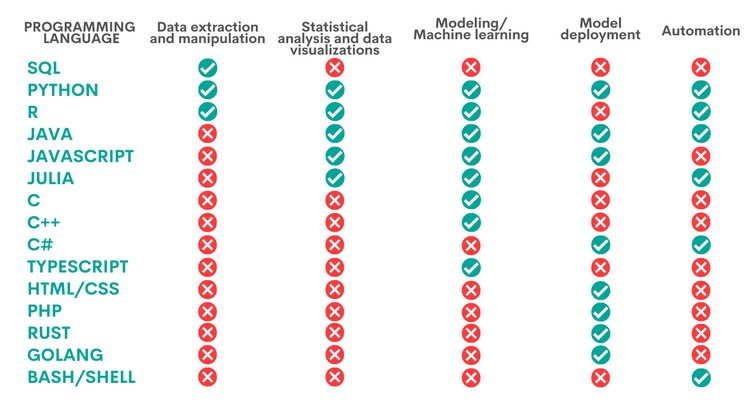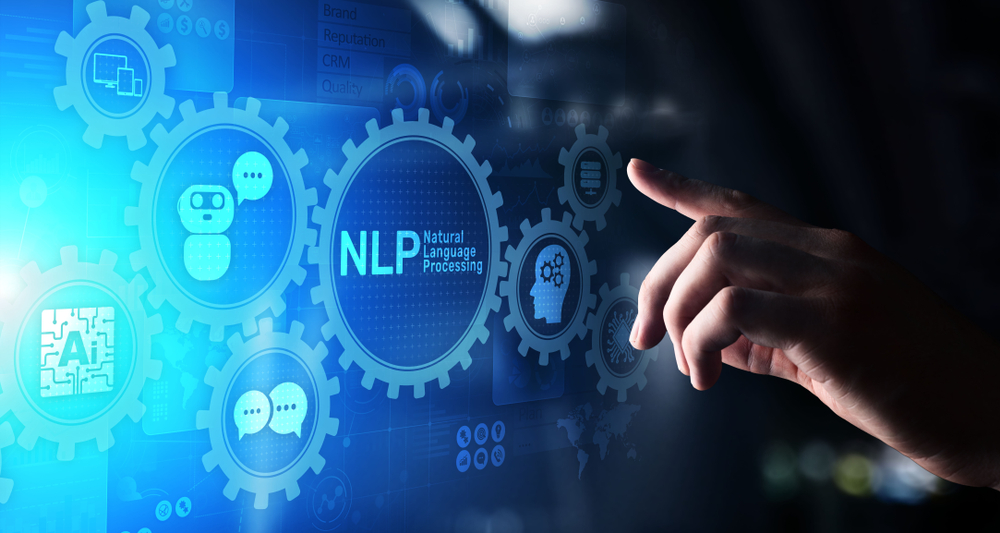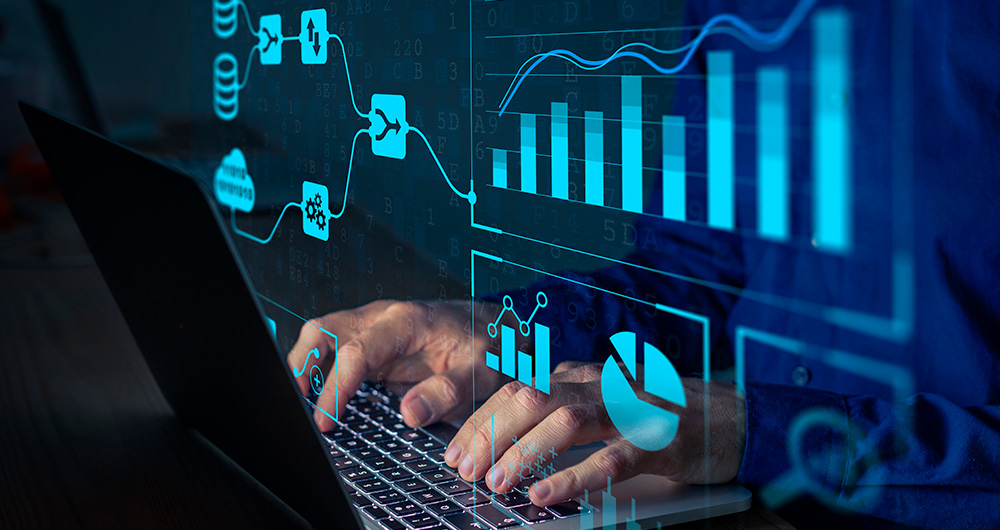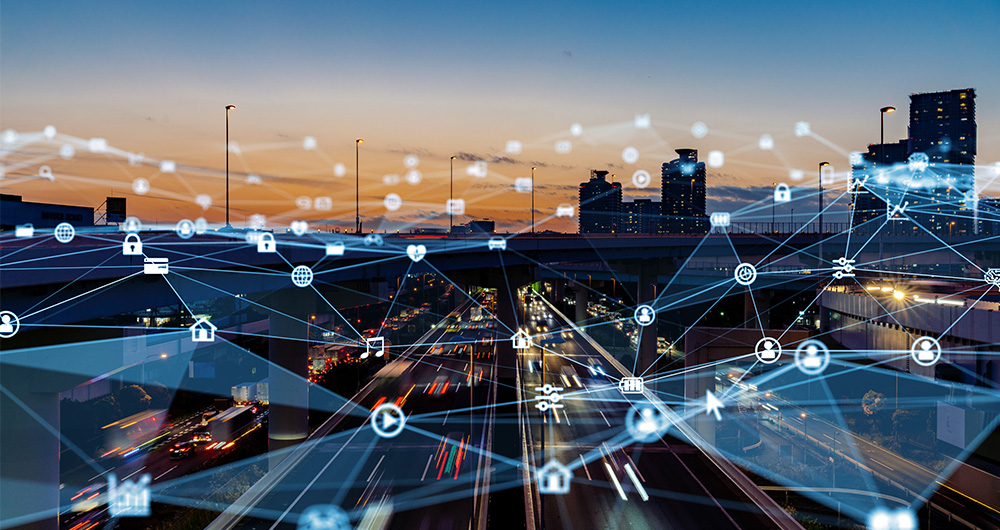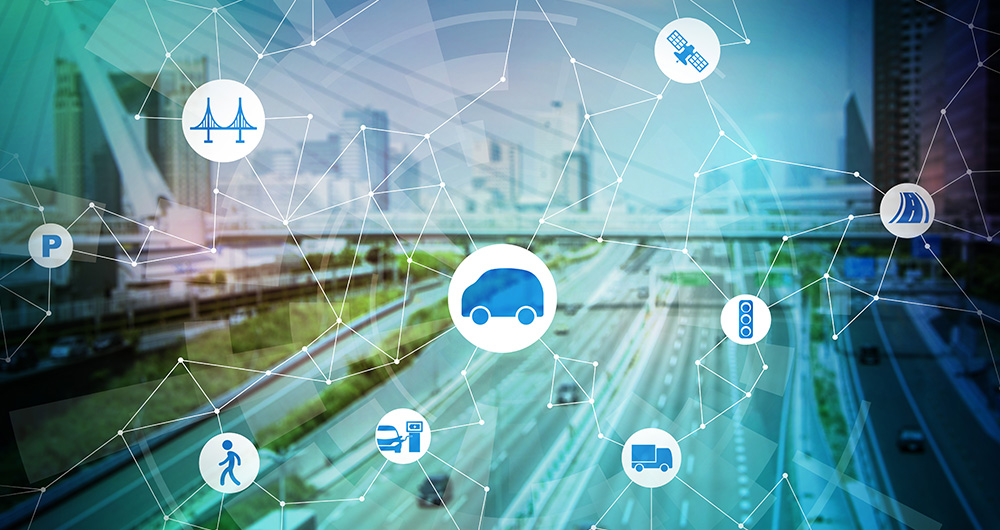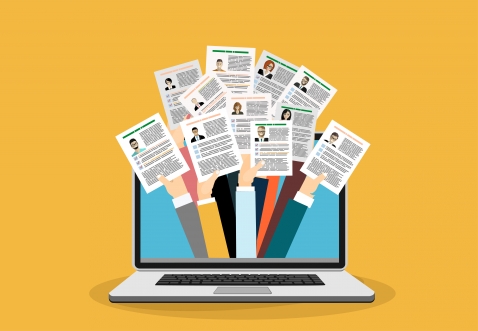9 posts found
When to use each programming language in data science?
Python, R, SQL, JavaScript, C++, HTML... Nowadays we can find a multitude of programming languages that allow us to develop software programmes, applications, web pages, etc. Each one has unique characteristics that differentiate it from the rest and make it more appropriate for certain tasks. But h…
10 Popular natural language processing libraries
The advance of supercomputing and data analytics in fields as diverse as social networks or customer service is encouraging a part of artificial intelligence (AI) to focus on developing algorithms capable of processing and generating natural language.
To be able to carry out this task in the current…
10 Popular Data Analytics and Machine Learning Libraries
Programming libraries refer to the sets of code files that have been created to develop software in a simple way . Thanks to them, developers can avoid code duplication and minimize errors with greater agility and lower cost. There are many bookstores, focused on different activities. A few weeks ag…
11 libraries for creating data visualisations
Programming libraries are sets of code files that are used to develop software. Their purpose is to facilitate programming by providing common functionalities that have already been solved by other programmers.
Libraries are an essential component for developers to be able to program in a simple way…
How are we addressing the shortage in professional competencies for working with data?
Over the last decade we have seen how national and international institutions, as well as national governments and business associations themselves have been warning about the shortage of technological profiles and the threat this poses to innovation and growth. This is not an exclusively European p…
Edge computing and its importance in real-time data management
Autonomous vehicles, smart waste management services, trainers that monitor how much we exercise... We live in an increasingly digital and connected environment, with greater similarities to the future we dreamed of as children. It is the so-called Internet of Things (IoT), a network of physical obj…
The benefits of publishing open mobility data in cities
Mobility is a key economic driver. Increasing the efficiency and quality of a country's mobility system contributes both to the strength of its economy and to improving the quality of life of its citizens. This is particularly important in the mobility systems of cities and their metropolitan areas,…
Digital skills in Europe: the use of ontologies to improve the search for candidates
The increasing concern of European authorities for the management of digital skills among the working population, especially young people, is a growing reality whose management does not seem to have an easy solution.
“The internet and digital technologies are transforming our world. But existi…
The transforming power of data in our cities
People, governments, economy, infrastructure, environment ... all these elements come together in our cities and they have to make the most of the constant flow of data on their streets to be more efficient. Analysis of the efficiency of services, monitoring of investment, improvement of public…
